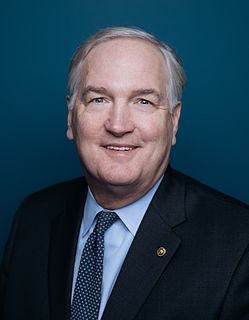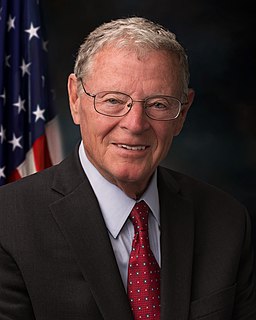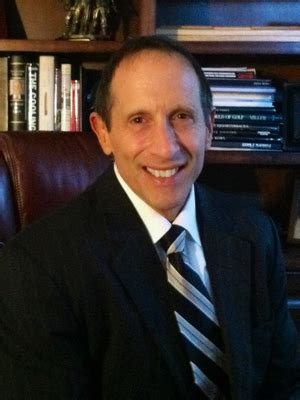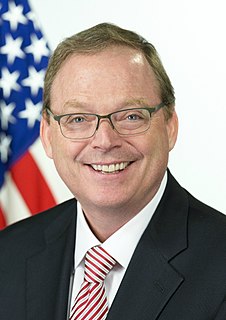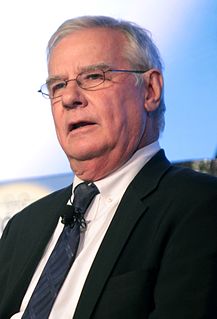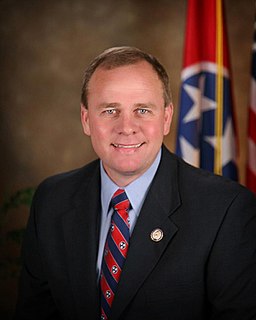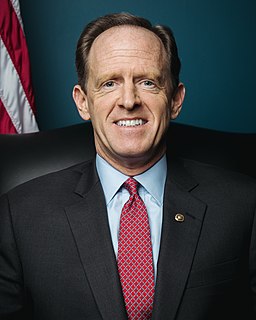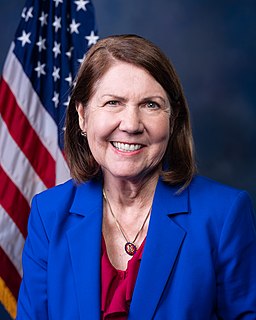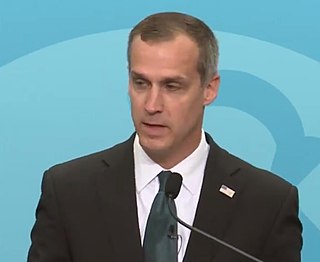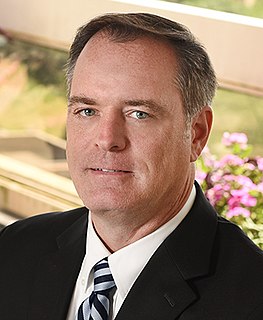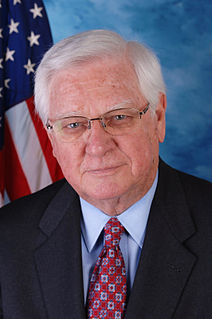Top 122 EPA Quotes & Sayings - Page 2
Explore popular EPA quotes.
Last updated on April 19, 2025.
The American Petroleum Institute filed suit against the EPA [and] charged that the agency was suppressing a scientific study for fear it might be misinterpreted... The suppressed study reveals that 80 percent of air pollution comes not from chimneys and auto exhaust pipes, but from plants and trees.
For an American, as mad you may be about whatever the EPA or the IRS does, just imagine if you only had a one twenty-eighth vote over what it does. You were in this place with this big bureaucracy that sets rules, and you only have a small vote. You'd feel like you've given up your sovereignty, wouldn't you?
Contaminated water is not a problem limited to Flint. Think of New Jersey, where school fountains were found to contain unsafe levels of lead. Or the EPA's 33,000 superfund sites, which are highly-polluted areas that require long-term clean-up operations. The problem is so large that it feels insurmountable.
I think people really understand that clean air and clean water and not having factories dumping their emissions into the atmosphere and into the rivers and into the sea has been a very good thing for America. EPA stands watch for very important principles that go all the way back to Teddy Roosevelt.
The Environmental Protection Agency's (EPA) own computer model easily shows that President Obama's proposed regulations would reduce global warming by around 0.02 of a degree Celsius by the year 2100. Actually, the true number is probably even smaller because that calculation assumes a future rate of warming - there hasn't been any for 17 years now - quite a bit higher than it is likely to be.
Five states - Ohio, Pennsylvania, West Virginia, Illinois and North Carolina - have been identified by the EPA as contributing significantly to Rhode Island pollution. As of 2010, 284 tall smokestacks - stacks over 500 feet - were operating in the United States: needles injecting poison into the atmosphere.
From 1859 to 1971, the U.S. oil industry grew virtually continuously, in the process serving mightily to drive our economy and win our wars. But that growth was stopped dead in 1971 and sent into decline thereafter, as the advent of the EPA and the accompanying National Environmental Policy Act made it increasingly difficult to drill.
Energy is under siege by the Obama administration, under absolute siege. The EPA, the Environmental Protection Agency, is killing these energy companies, and foreign companies are now coming in and buying our, buying so many of our different plants and then re-jiggering the plants so that they can take care of their oil. We are killing, absolutely killing our energy business in this country.
Electric service providers in Missouri have warned that the EPA's so-called Clean Power Plan will raise energy costs for Missourians, reduce jobs, and hurt our state's economic competitiveness. As a member of the Senate Appropriations Committee, I've fought hard to ensure provisions that would defund this harmful power grab were included in the final appropriations bill. I also support legislation to block this harmful rule and protect workers and families from the damaging effects of the Obama Administration's executive overreach and costly energy regulations.
Just wait and see this stuff play out as it does. But if, for example, why would he say some human activity linked to climate change when he has gone on record as saying that he doesn't believe it and we're gonna get people out of the EPA who do and we're gonna stop playing games with this. Why would he say it? [Donald Trump] wants to build a bridge with the opposition. This is why you don't see me at Trump Tower going up and down the elevators.
Before Alar, there was EDB, a potent human carcinogen allowed in the grain supply and other food for more than a decade after it was known to be dangerous. There was heptachlor, linked to leukemia, and aldicarb, which poisoned thousands of California watermelons, yet is still allowed in potatoes and bananas at levels exposing up to 80,000 children a day to what EPA itself says are unacceptable high risks. Trust the government? Why should we?
During the presidential campaign, Donald Trump promised to roll back government regulations.Trump plans to nominate fast food executive Andrew Puzder to head the Labor Department and Oklahoma Attorney General Scott Pruitt to lead the EPA. If confirmed, the two men would signal a sharp break from the policies of the [Barack] Obama administration.
Unfortunately, the Environmental Protection Agency (EPA) has been especially aggressive in pursuing regulations that specifically target coal power plants. These regulations have already put hundreds of Pennsylvanians out of work and will continue to cause economic distress while yielding negligible benefits for our environment.
The EPA's [Clean Power Plan] is another example of Washington's lack of understanding when it comes to rural and Western energy issues. I oppose this new rule because it hurts my district, which has four coal-fired plants that power Arizona's big cities, small towns, businesses and residences. These plants also provide good-paying jobs in our tribal and rural regions.
Overall, you know, no state in our country has been hurt more by the eight years of Barack Obama than Wyoming has been, and whether it's the absolutely unconstitutional role that the EPA is playing and the president trying to kill our coal industry - Wyoming is the nation's largest coal-producing state. So when President Obama and Hillary Clinton say they're gonna put coal out of business, it hits us harder than just about anyplace else.
Today's political leaders demonstrate their low opinion of the public with every social law they pass. They believe that, if given the right to chose, the citizenry will probably make the wrong choice. Legislators do not think any more in terms of persuading people; they feel the need to force their agenda on the public at the point of a bayonet and the barrel of a gun, in the name of the IRS, the SEC, the FDA, the DEA, the EPA, or a multitude of other ABCs of government authority.
Our battles against the EPA and other rogue federal agencies aren't about a desire for dirtier air or zero regulation. They are about our right as a state to control our own destiny and resist attempts by the administration to ramrod a wish list of regulations through agency heads instead of garnering approval from Congress.
The great fear that hung over the business community in the 1970s was death by regulation, and the great goal of the conservative movement, as it rose to triumph in the 1980s, was to remove that threat - to keep OSHA, the EPA, and the FTC from choking off entrepreneurship with their infernal meddling in the marketplace.
I couldn't help but be struck that this guy I had thought was the embodiment of everything wrong with American politics, a lot of his domestic policy was mind-numbingly, head-spinningly to the left of Obama's. It was under Nixon that the EPA was created. It was under Nixon that OSHA was created. Under Nixon that the Clean Air and Clean Water Acts were passed.

